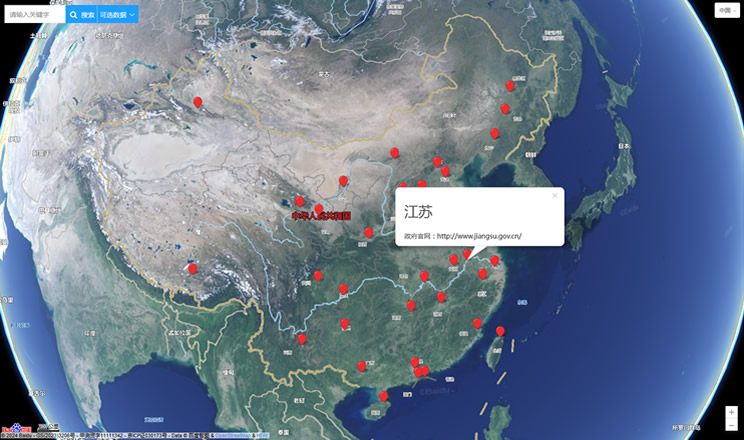Hebei (Chinese: 河北; pinyin: Héběi; Postal map spelling: Hopeh) is a province of the People's Republic of China in the North China region. Its one-character abbreviation is "冀" (jì), named after Ji Province, a Han Dynasty province (zhou) that included what is now southern Hebei. The name Hebei means "north of the river", referring to its location completely above the Yellow River.
In 1928, Hebei was formed after the central government dissolved the province of Chih-li (直隸), which means "Directly Ruled (by the Imperial Court)".
Beijing and Tianjin Municipalities, which border each other, were carved out of Hebei. The province borders Liaoning to the northeast, Inner Mongolia to the north, Shanxi to the west, Henan to the south, and Shandong to the southeast. Bohai Bay of the Yellow Sea is to the east. A small part of Hebei, an exclave disjointed from the rest of the province, is wedged between the municipalities of Beijing and Tianjin.
A common alternate name for Hebei is Yānzhào (燕趙), after the state of Yan and state of Zhao that existed here during the Warring States Period of early Chinese history.
Extreme weather in China
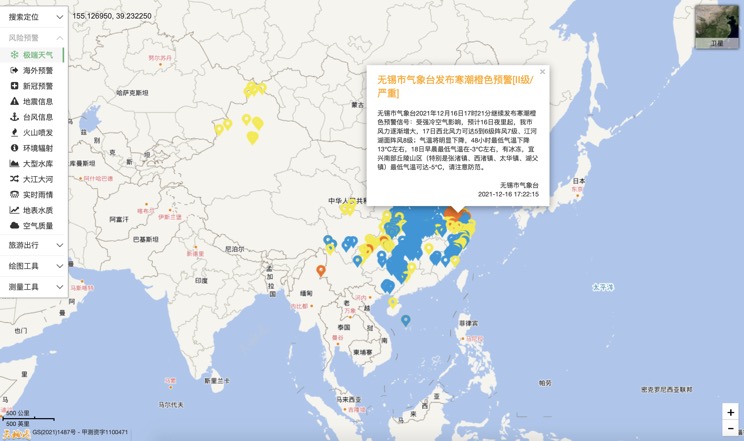
China Earthquake Information
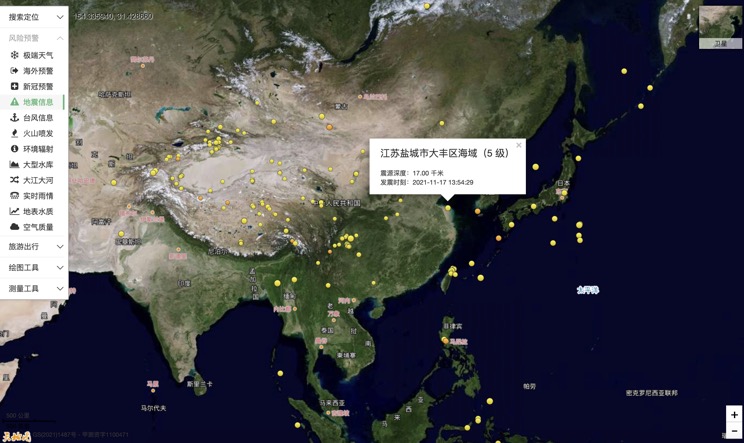
Volcano eruption
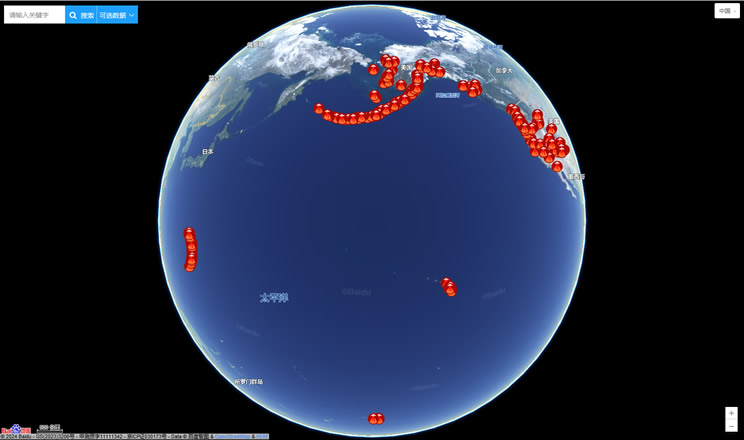
Environmental Radiation in China
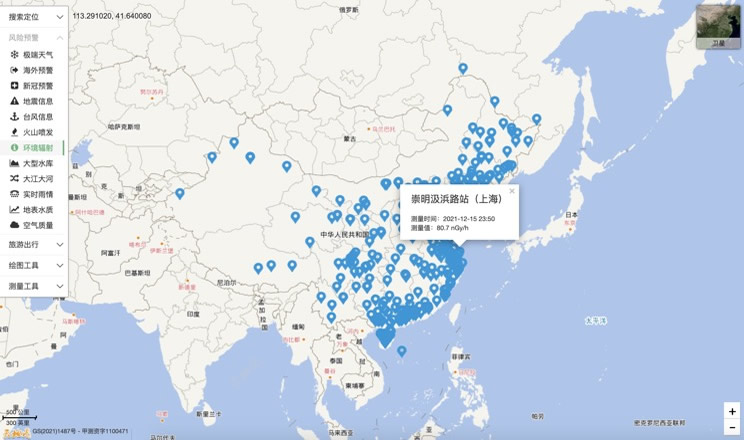
Overseas Warning
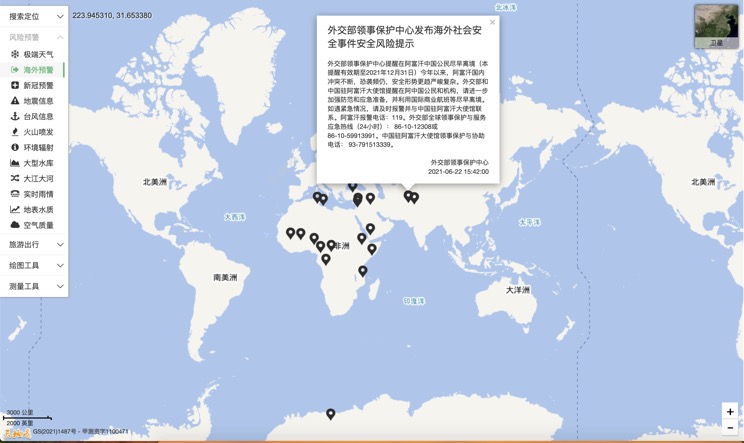
China's air quality
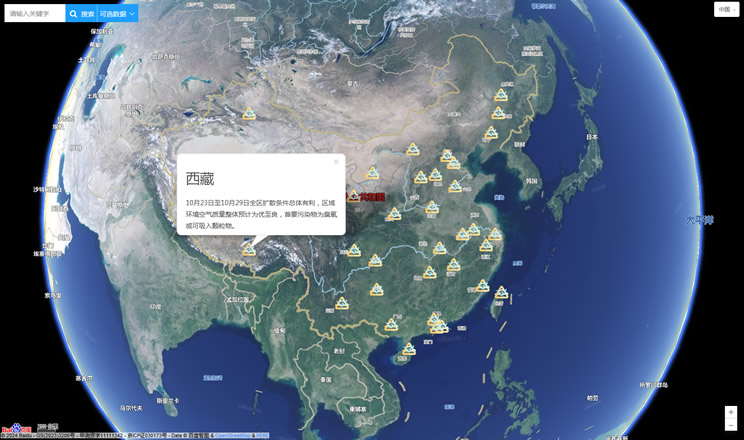
China's Water Disaster Alert
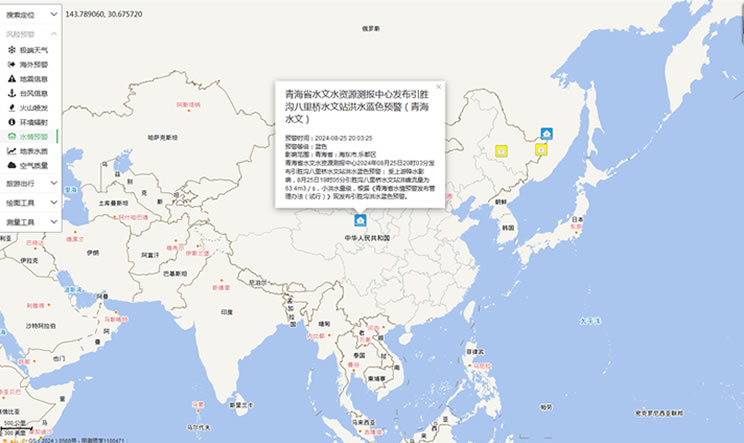
China Weather Forecast
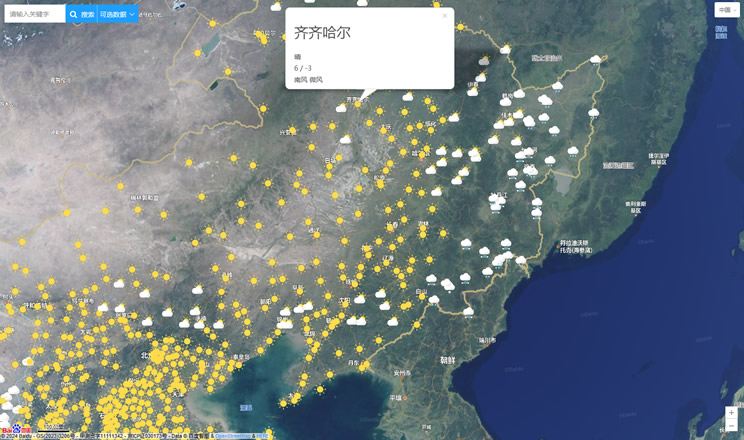
Introduction to Countries
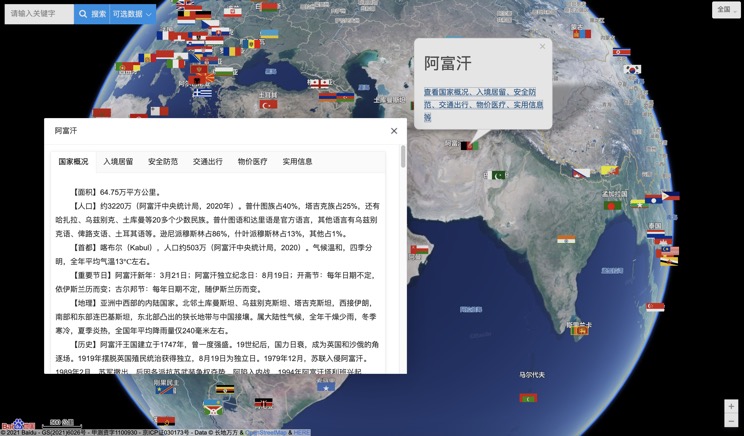
China Subway Lines

China's 5A Scenic Spots
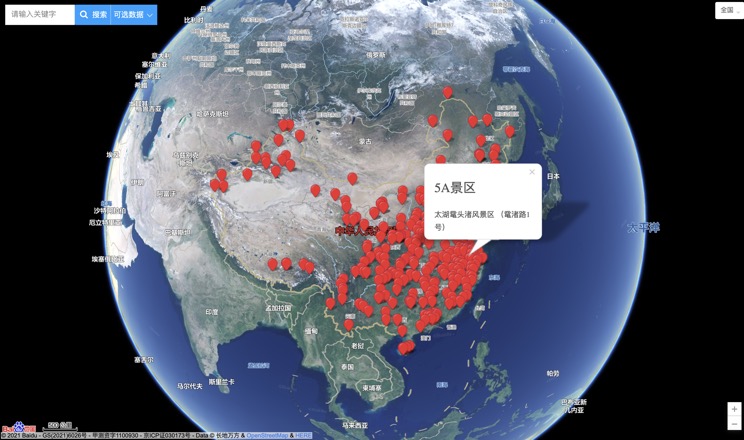
Provincial Capitals in China
